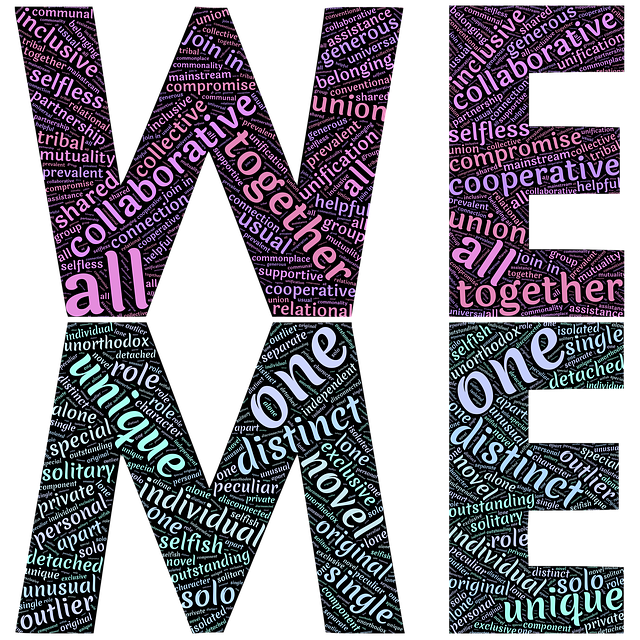Definition: A will that aims at the good and happiness of others.
WHY?
Competition is one of the sources of all injustices. Benevolence is a solution to this problem: it allows us to build healthy relationships and therefore groups capable of collaborating. Although benevolence is a desirable direction for society in our view, it has a particular importance in struggles.

WHAT IT ALLOWS
- Facilitate the inclusion of individuals within the group ;
- Facilitating the inclusion of individuals within the group ;
- Paying attention to the well-being of individuals;
- Decrease the balance of power, competition, domination;
- To restore confidence;
- Foster critical thinking through the freedom to ask questions and submit one’s thoughts without being judged.
TO BE APPLIED
- Be kind, cordial, sympathetic
- Respect the other, be tolerant
- Be generous and listen to others
- Be patient, take it upon yourself
- Take into account the discrimination suffered by others
- Taking into account the feelings of others
- Reassuring, relieving suffering
Think of “Hanlon’s Razor”: attribute errors to clumsiness or ignorance in preference to malice. Use the term “TW” before talking about a sensitive/traumatic topic.
TO AVOID
Cutting off speech, silence, taking up too much space
To be condescending, dismissive, elitist…
Denigrate, ridicule
Taking on too much
Make negative or positive judgments about the personal choices of others, their appearance, their person, their history…
Revealing the private life of others (photos, real name, personal information…) without their consent
Maintain a climate of mistrust
Isolate, exclude
Being aggressive, violent, harassing, threatening, insulting, hitting…
Exposing one’s own intimacy (nudity…) to others (>>> See the SHEET ” CONSENT ” )
WARNING!
Relaxation areas can become toxic if most of what is said there is anxiety-provoking, or if personal words are used to discredit or blackmail a person.
What is not accepted, however, cannot be totally controlled: be the guardian of your own privacy.
It is desirable not to fall into an authoritarian position, but it is also preferable to act early in the emergence of a conflict or discomfort, so that it does not take on too big a dimension.
HOW TO DEFUSE A CONFLICT?
- Trying to understand what the other person may be feeling;
- Reassure, use a nice tone, smileys; use humor;
- Make sure you understand what is being said, ask for clarification;
- Defuse tensions by moving on to the spoken word;
- Take a step back from the seriousness of the conflict, refocus on the stakes and objectives of the struggle;
- Propose to resume the exchange later if the tension is too high.
- If you notice a problem, do not hesitate to share it with the people concerned or with referents.

Credit: MEDUSES PROJECT
This content was originally created by our Meduse Project partners, reproduced here with their permission and adopted by the Vegan Option Canada collective.
